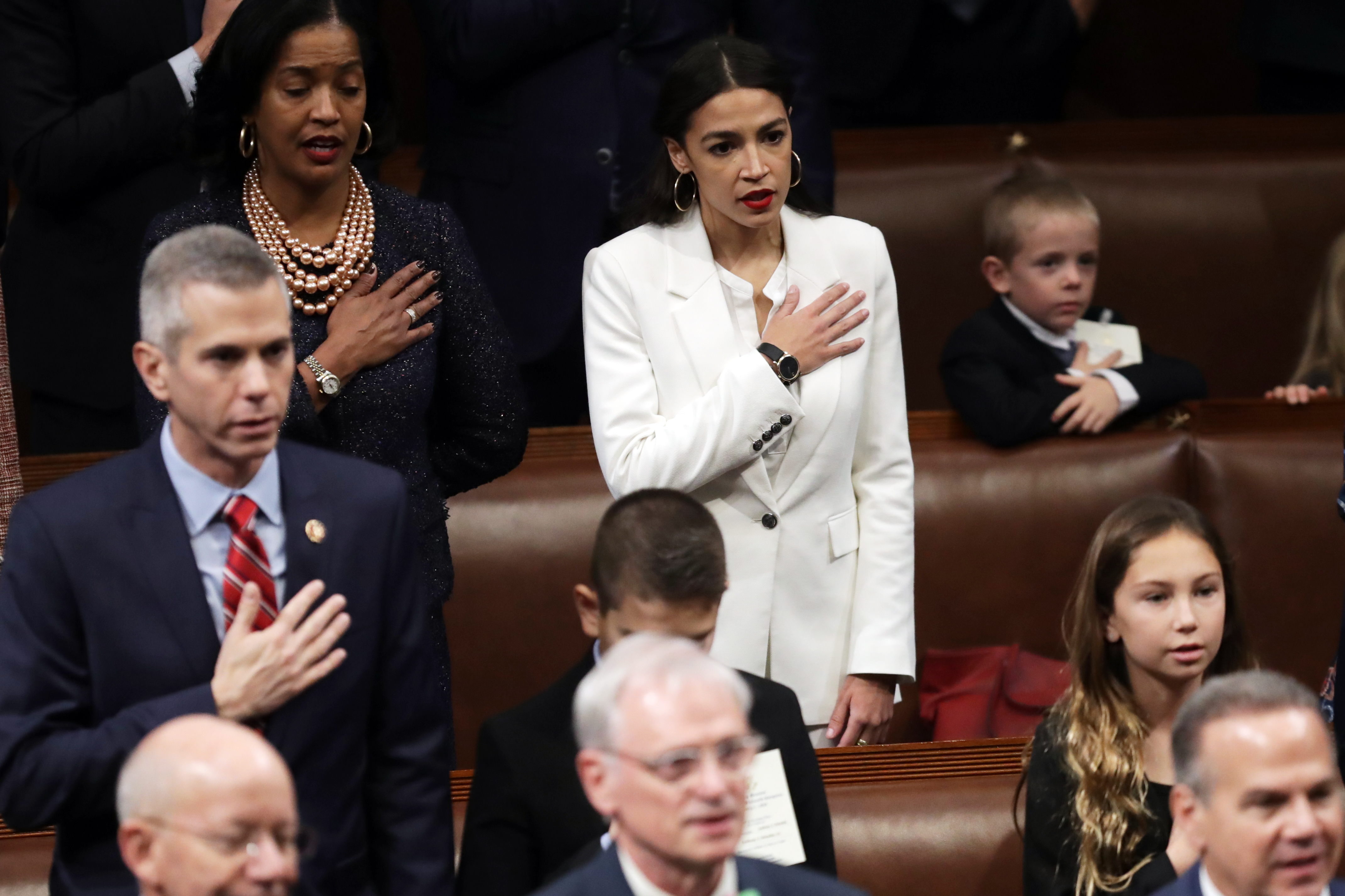Mueller report asks Congress to decide if Trump obstructed justice, here is what comes next

Special Counsel Robert Mueller's report is finally out and it could spell bad news for President Donald Trump. Mueller took over two years to investigate possible collusion between Trump's campaign and Russia to influence 2016 presidential elections. Although the Special Counsel's report, which was released on Thursday, states that his team did not find any concrete evidence of collusion, it did find eleven instances of possible obstruction of justice by the president. Mueller has now left it to the Congress to take a decision to prosecute the president.
Mueller did not make a "traditional prosecutorial judgment" despite his team finding evidence that Trump attempted to derail the investigation into his campaign, including by asking his aides to fire the Special Counsel and then lie about it. The report also details a “sweeping and systematic” Russian interference in the 2016 polls and lays out multiple links between the Trump campaign and influential people associated with the Russian state, adding that the president's campaign welcomed Russian assistance.

"Congress may apply the obstruction laws to the President’s corrupt exercise of the powers of office,” Mueller wrote in the report, in “accords with our constitutional system of checks and balances and the principle that no person is above the law.”
Corresponding to reactions from the Democrats, who now have a majority in the House, top party members have already jumped to a series of actions which could result in a long and grueling legal battle between the Congress and the Trump administration. Here's what could happen next:
Swift action from the Democrats
The six Democratic chairs of the committees with the broadest oversight jurisdiction have begun preparing for battle against the president. The committee, in a statement on Thursday evening, said that they have been shocked by the findings of the report which highlights the "the President’s improper, corrupt and immoral conduct."

"We are profoundly troubled by the astonishing efforts by President Trump identified in the report to obstruct the investigation, including his attempts to remove the Special Counsel and encourage witnesses to lie and to destroy or conceal evidence,” they wrote in the statement. “It must fall to Congress to assess the President’s improper, corrupt and immoral conduct in an effort to obstruct the investigation.”
Rep. Jamie Raskin, who sits on the House Judiciary and Oversight Committees, while talking to TIME, said: "Mueller makes a very powerful argument that the President can be found guilty of obstructing justice and he essentially puts the ball in the court of Congress."
Request for Mueller's testimony
Considering Robert Mueller has not made any public statements on his investigation yet, the Congress is keen to hear it all from the Special Counsel himself, in the hopes that he would be able to shed some light on the redacted content of his report.

The Democratic leadership, House Speaker Nancy Pelosi and Senate Minority Leader Chuck Schumer, in a joint statement on Thursday, said that they were disappointed in Trump-appointed Attorney General William Barr's "partisan handling" of the Mueller report and wanted to hear details of the report from the prime investigator on the case — Robert Swan Mueller III. “We believe the only way to begin restoring public trust in the handling of the Special Counsel’s investigation is for Special Counsel Mueller himself to provide public testimony in the House and Senate as soon as possible,” they wrote. “The American people deserve to hear the truth.”
Hours after the Pelosi and Schumer's letter, AG Barr said that he had no objections to Mueller testifying before Congress, considering the special counsel is still a Department of Justice employee. House Judiciary Committee Chairman Jerry Nadler (D-NY), shortly after, also issued a formal request for Mueller to appear in front of Congress “as soon as possible." Nadler, however, added that it should be "no later than May 23."
An impeachment resolution
The freshman Democrat Rep. Alexandria Ocasio-Cortez on Thursday said that she would sign Rep. Rashida Tlaib’s impeachment resolution to terminate Trump’s presidency. She made the statement after reading the Mueller report.

“While I understand the political reality of the Senate + election considerations, upon reading this DoJ report, which explicitly names Congress in determining obstruction, I cannot see a reason for us to abdicate from our constitutionally mandated responsibility to investigate,” AOC wrote on Twitter.
Despite this effort to stir the progressive wing of the party, other Democrats have taken a more cautious approach. House Judiciary Chairman Nadler, later on Thursday, said that although the process of initiating an impeachment was just "one possibility," he would "follow the evidence where it leads."
Subpeona for full unredacted report
Nadler, backed by House leadership, subpoenaed Attorney General William Barr on Friday for a full, unredacted version of the Mueller report and the underlying evidence by May 1.
House Judiciary Chairman Nadler, in a statement, wrote: "My Committee needs and is entitled to the full version of the report and the underlying evidence consistent with past practice. The redactions appear to be significant. We have so far seen none of the actual evidence that the Special Counsel developed to make this case."

"Even the redacted version of the report outlines serious instances of wrongdoing by President Trump and some of his closest associates," he said. "It now falls to Congress to determine the full scope of that alleged misconduct and to decide what steps we must take going forward," he added.
The move could result in a showdown between Congress and the US Justice Department, possibly leading to a court battle.